Along with hats and scarves, a hair sunblock can protect your hair from the sun

We all know how important it is to apply (and reapply!) sunscreen during those hot, long summer days to prevent skin damage. But did you know the sun can also damage your hair?
Cleveland Clinic is a non-profit academic medical center. Advertising on our site helps support our mission. We do not endorse non-Cleveland Clinic products or services. Policy
“Sun damage can come in the form of discoloration, dry and brittle strands, broken or split ends, thinning and frizziness,” says dermatologist Wilma Bergfeld, MD.
In fact, sun damage can happen to most hair types, but there are ways to keep your strands and scalp protected. Dr. Bergfeld explains how sun damage happens to hair and how to shield your tresses in the best ways during time in the sun.
You may not think of your hair as being prone to a sunburn. In fact, you may have even thought that it can be a good thing — who doesn’t love sun-kissed locks after a vacation trip?
But sun damage to hair is real. “If your hair has prolonged exposure to the sun, UVA and UVB rays can damage the outside cover of the hair strand, called the cuticle,” says Dr. Bergfeld.
Here’s how the sun can damage your hair:
Just like overusing a hair dryer (depending on your hair type) can cause significant damage to your hair, so can the sun’s rays. If you notice that your hair is starting to feel dryer, frizzier or brittle (almost like it feels like straw), it may be a sign that it’s damaged. Extended heat and dryness can also cause more breakage and split ends in your hair over time.
You can recognize sun-damaged hair by the way it feels and how it reacts to your normal styling routine. “Damaged hair has a dry look and feel, is unmanageable and won’t hold a curl or style,” says Dr. Bergfeld. “Damaged hair usually dries quickly, too.”
You may have noticed that — depending on your hair type — a tropical vacation may cause you to come home with slightly lighter strands. Even without color treatment, your hair can change in color from the sun. But this is another sign that your hair is taking a hit from the sun’s heat.
“The sun’s rays act very much like bleach on hair,” explains Dr. Bergfeld. “Bleach reacts with the melanin in hair and removes the color in an irreversible chemical reaction. Bleach also damages the hair’s cuticle and protein, which is called keratin.”
And while it’s normal for many of us to start seeing gray hairs as we get older, extensive heat damage from the sun can actually accelerate this process.
While any kind of hair is prone to hair damage, your hair can be particularly vulnerable to sun damage if it’s fine or light-colored.
“That finer, lighter hair lacks the thickness or pigment that can protect it from the sun’s rays while darker, coarser hair usually is oilier, and its thickness, darker color and oil covering help to protect it,” says Dr. Bergfeld. “Your hair is also more fragile and more prone to sun damage if you have thin, flat or tightly coiled hair.”
Hot flat irons or rollers, chlorinated water in swimming pools or lightening your hair can make it more vulnerable to the summer stresses of heat and sun. All of these can damage your hair’s protein, keratin. The damaged protein then allows sun and heat to penetrate your hair more easily and results in a more fragile hair strand.
The good news is that you can take precautions to protect your hair from the hot summer sun. As Dr. Bergfeld points out, you can use an SPF (sun protection factor) product that’s catered to shielding your hair from harmful rays.
Hair sunscreen works by forming a protective barrier on the surface of your hair that helps shield it from the sun’s damaging ultraviolet (UV) rays. The active ingredients in hair sunscreen products typically include UV filters like avobenzone, octinoxate and zinc oxide, which work by absorbing or reflecting UV radiation.
But it’s important to note that hair sunscreen works differently from sunscreen for your skin. As our hair is technically made of dead skin cells, it doesn’t have the same reaction to sun damage as our skin does — visible redness, burning pain, peeling, etc. It requires a different kind of approach.
Instead, hair sunscreen focuses on protecting your cuticle (the external area of the hair strand) by creating a buffer between it and the sun’s rays. Keep in mind: Hair sunscreen doesn’t work to prevent cell damage like regular SPF products do.
While the desire to protect your hair from the sun may mostly come from a desire to keep your hair shiny and manageable, it’s important to note that our scalp requires more hefty protection from the sun.
A sunburnt scalp sounds uncommon, but the top of your head is one of the most prone areas to sunburn on your body. Plus, it may be the last area you’re thinking about during the day, so it’s important to keep it protected. As your scalp area is part of your skin, you’ll want to apply a regular SPF product (a lotion or spray is fine) that actually prevents cell damage from UV rays.
If you’re applying a spray hair sunscreen anyway, you can apply it on your scalp as well — it won’t do any harm. But you don’t want to solely depend on hair sunscreen to protect your scalp. There are specific sprays or balms you can get that can protect your scalp but leave your hair less chalky or oily. You can also try mineral or powder sunscreen, too.
Hair sunscreen usually comes in a spray bottle you can apply after styling or brushing your hair. It’s easy to apply and can be used similarly to how you apply styling spray or hairspray.
Here’s how to apply your hair sunscreen before going out in the sun:
Whether you’re using hair sunscreen or not, covering your head during hot and sunny days is your best line of defense against the sun’s rays.
You can also protect your hair from sun damage by:
Summer is a favorite season for many, and there’s a lot to enjoy. Don’t let the sun’s rays put a damper on your fun. The next time you’re out in the sun, don’t forget to shield your hair, too. Especially if your hair has gone through previous heat and styling damage, adding an extra layer of protection through hair sunscreen can help prevent additional breakage.
Learn more about our editorial process.
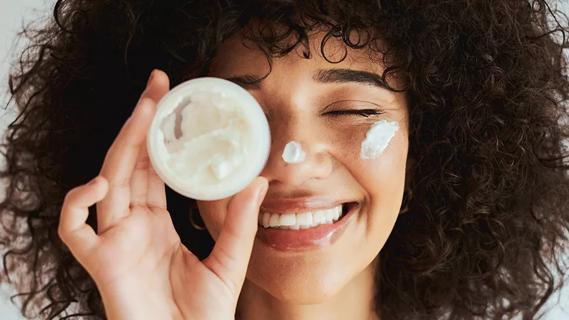
Pantothenol is a powerful moisturizer and can help repair damaged skin and hair
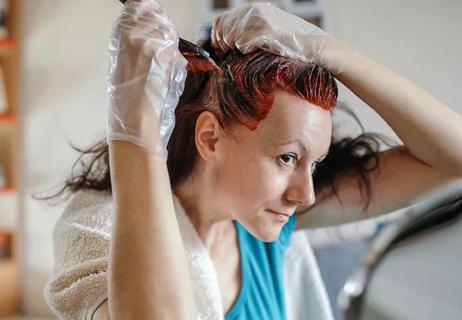
Research shows some associations and concerns, but no definitive connections
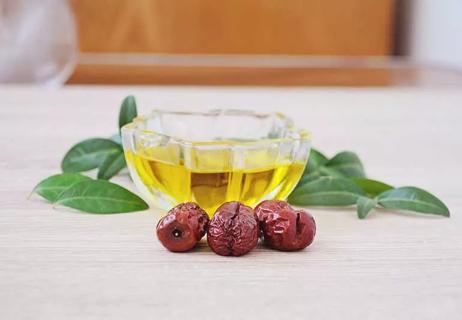
The powerhouse oil fights fine lines and wrinkles, soothes sunburn and a whole lot more

Try limiting heat styling and eating a healthy diet instead
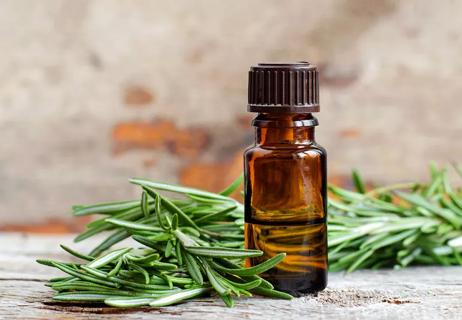
Studies show that the herby oil can lead to longer, healthier hair
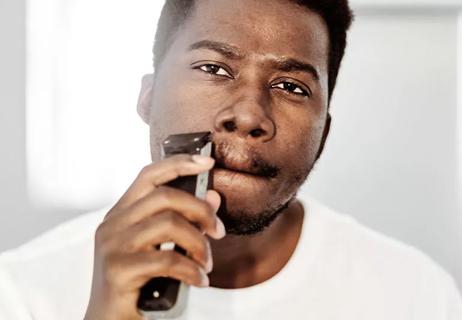
Though this is a myth, the ‘stubble stage’ struggle is real, but moisturizing can help
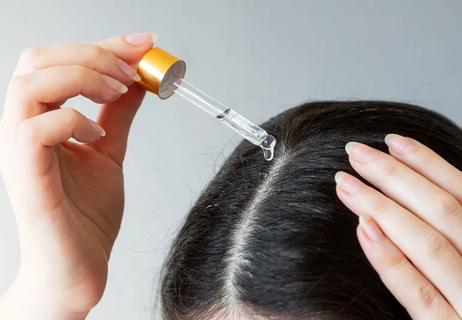
Hair type, medical conditions, age and ethnicity all might play a role
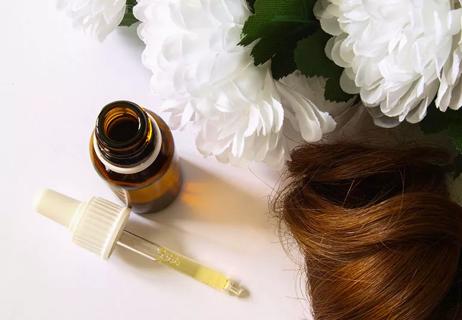
Get a hydration boost from this liquid gold

Your metabolism may torch 1,300 to 2,000 calories daily with no activity

A gentle touch in all the right places may help drain your sinuses